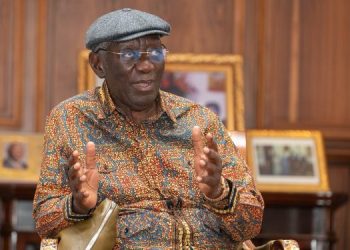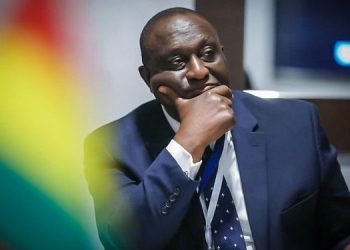One of the things that the former president of Ghana, John Agyekum Kufuor, disliked about the constitutional provisions for what a head of state can do or not was the fact that he needed to pick 50 per cent of his appointees from parliament, he has said.
The elderly statesman explained that as a product of a political party, even for a president, it is not so easy to take unilateral decisions that do not align with the general direction of the larger party.
He added that being president means that a person works mostly in the interest of his political party, ensuring that its ideals are fully represented in government.
“The party produced me in a sense, and it so happened that I grew up with colleagues; perhaps, some even smarter than me, and we shared some values and tenets of the party, and we were all working to get the party’s nomination implemented for the country to know that, for instance, I advocate that our party should grow and become the party of the nation. It’s not just Kufuor.
“So, if Kufuor gets the chance and says now I’m here so I have a free hand, and I’ll bring people from outside because all the people I’ve worked with over the decades are not good enough to help me, then I’d say I changed the party,” he said.
President John Kufuor said during an Institute of Economic Affairs (IEA) interaction with him at his residence in Peduase on reviewing Ghana’s 1992 constitution that there was one thing he disliked about how he was expected to make political appointments.
He added that if he had his way, he would have wanted the express implementation of the separation of powers, ensuring that the majority of appointments are not made from parliament, as the constitution has stipulated.
“But then, since they put me in the driver’s seat, once you are there, you are there for the entire nation. Naturally, I want some leeway to bring one or two people to make Ghana feel that after all, this government is there for us, but the stock really was the party’s government.
“What I didn’t like though was the constitutional provision that 50% must come from parliament. That one, I didn’t like it because like I said earlier, I’d go for strict separation of powers: you are MP, be MP. If you are given chance to become minister, then you leave parliament,” he said.
The IEA has been engaging some notable authorities in its series of seminars targeted at addressing reviews that the 1992 constitution can have.
source: Ghana Web


















































